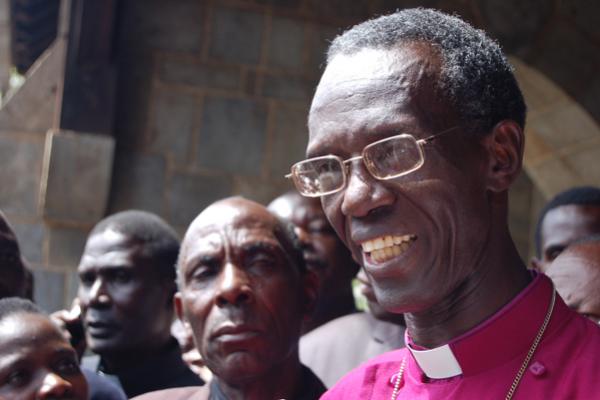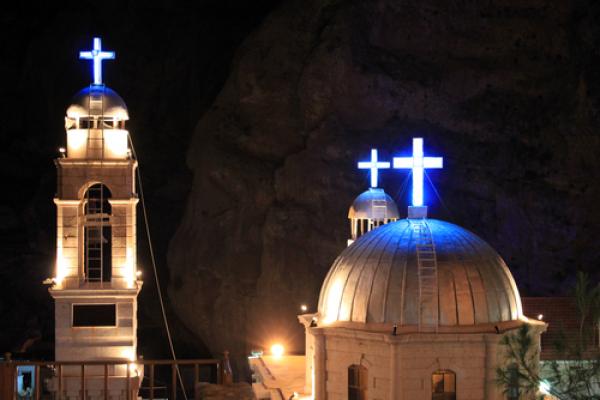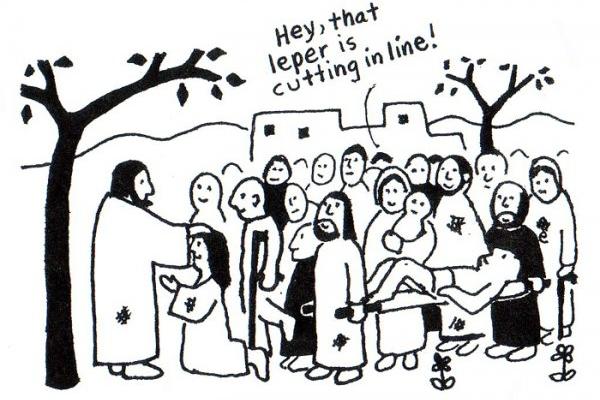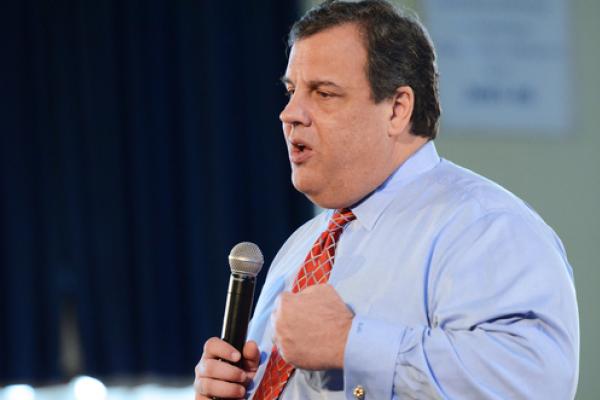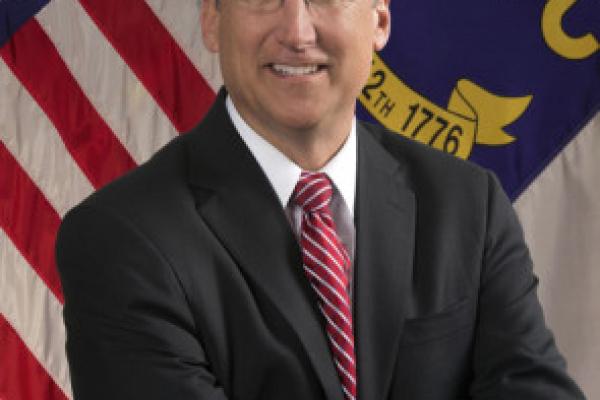Concerned that the crisis in the worldwide Anglican Communion is deepening, conservative Anglican primates in Africa are organizing a second conference to discuss ways of returning the church to what they describe as biblical faithfulness.
The primates held the first conference in Jerusalem in 2008, five years after openly gay New Hampshire Bishop Gene Robinson was consecrated in the Episcopal Church. The action threw the communion into disarray.
At the Jerusalem meeting, the primates called for the creation of an Anglican province in North America to rival the Episcopal Church. Five years later, the primates say the new Anglican province, known as the Anglican Church in North America, is thriving.
As Syrian President Bashar al-Assad uses chemical weapons at the outskirts of Damascus and President Obama mulls a U.S. military response, some theologians hope for an alarming endgame to the 30-month-long Syrian conflict.
For these Christians and Muslim, the civil war in Syria heralds nothing less than the Second Coming of Jesus Christ.
Before you label the premise as a conspiracy theory, consider that there are a number of Muslim videos and several Christian websites — not to mention conservative talk radio shows — all making promoting versions of this unfortunate connection. And that’s wrong.
I didn’t watch the Video Music Awards last night, but this morning I noticed that Miley Cyrus is getting all the attention.
Mika Brzezinski on MSNBC’s Morning Joe gives voice to the moral outrage that many are feeling. She just couldn’t stop lambasting Miley for her performance:
That was really, really disturbing … That young lady, who is 20, is obviously deeply troubled, deeply disturbed … probably has an eating disorder … That was disgusting and embarrassing … I feel terrible … That was really, really bad. They [MTV] should be ashamed of themselves … She is a mess … I don’t want to see that ever again on this show … It was pathetic.
Well, Mika’s vehemence intrigued me, so I found the video on YouTube and watched it. It's bad. Awkward might the best word I can find to describe her performance, and it only became more awkward when Robin Thicke joined her onstage. Then it became awkward and demeaning. And I was instantly reminded of why I don’t watch the VMAs.
I have to say, one of my very favorite things about Jesus is how he does whatever he wants to and could really give a hell about how other people feel about it. Yeah. I just find that endearing — especially when he irritates the nice religious people. That’s secretly my favorite.
In our Gospel text for today Jesus is teaching in the synagogue on a Sabbath when he sees a woman with a crippled back. He saw her, called her over and said “Woman you are set free from your ailment.” He reached out and touched her and she stood upright for the first time in 18 years and praised God — which seems like a win. Except for that then the leader of the synagogue throws a little tizzy about how that kind of thing should not be happening on the Sabbath. Further proof that super religious people can just be so helpful, can’t they?
Especially when they seem to value parameters over people – which should sound like a familiar story …
Stories of churches denying your call to ministry because you fall outside the parameters of which gender is allowed to be ordained and stories of churches denying you the Eucharist because you fall outside the parameters of what kind of sexual orientation is allowed to receive the means of grace and stories of churches denying you a place in community because you just weren’t sure if you believed in God and that falls outside the parameters of doctrinal purity – well, these kind of stories are sadly bordering on cliché around here. We hear them all the time.
New Jersey’s newly enacted ban on gay-to-straight conversion therapy for minors violates a licensed therapist’s obligation to “respect the rights of clients to make decisions,” according to a federal lawsuit filed by a Christian counselors group and professionals who use the practice.
The law, signed by Gov. Chris Christie on Aug 19, bars any licensed therapist, psychologist, social worker, or counselor from using therapies to change sexual orientation of children under age 18. Offenders jeopardize their licensed status under the new law, which does not apply to clergy or anyone who is not licensed by the state.
New Jersey is the second state in the nation to ban therapy that purports to change a child’s sexual orientation from homosexual to heterosexual. California enacted the first ban, but Liberty Counsel, a national religious-based legal and public policy group, filed an injunction it before it took effect earlier this year. A judge overseeing the case heard arguments in April and has not issued a decision.
North Carolina became the seventh state to prohibit its judges from considering Islamic law after Gov. Pat McCrory allowed the bill to become law without formally signing it.
McCory, a Republican, called the law “unnecessary,” but declined to veto it. The bill became law on Sunday.
The state joins Arizona, Kansas, Louisiana, Oklahoma, South Dakota, and Tennessee.
Supporters hailed the bill as an important safeguard that protects the American legal system from foreign laws that are incompatible with the U.S. Constitution, while critics argued that the bill’s only purpose is to whip-up anti Muslim hatred because the Constitution already overrides foreign laws.
